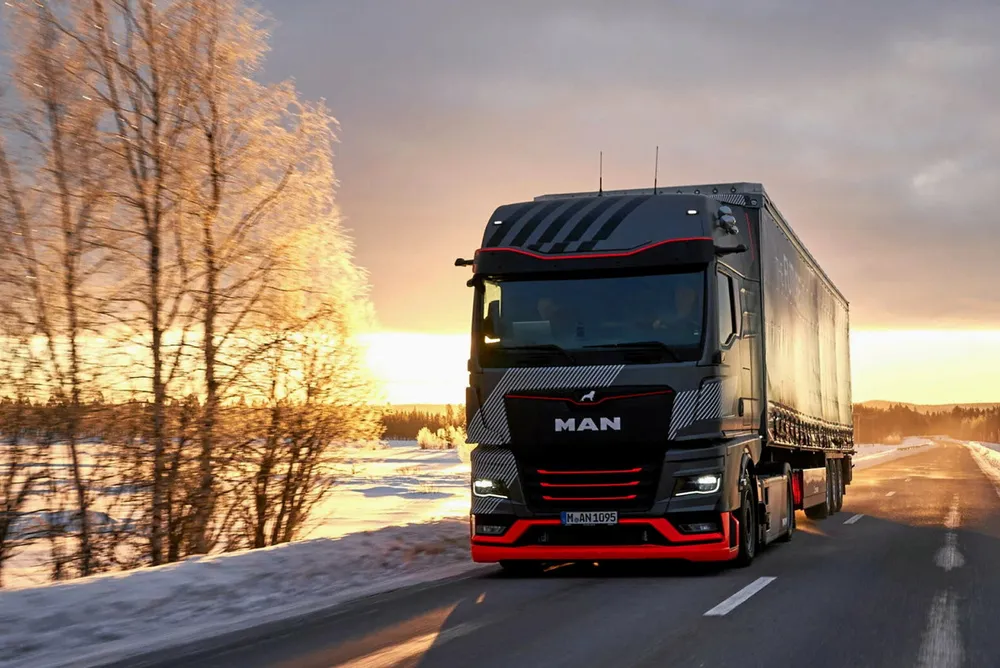Hydrogen trucks will be more expensive to own and operate than battery equivalents in Europe until at least 2040: report
But fuel-cell trucks will reach cost parity with diesel as soon as 2030, says International Council on Clean Transportation paper
